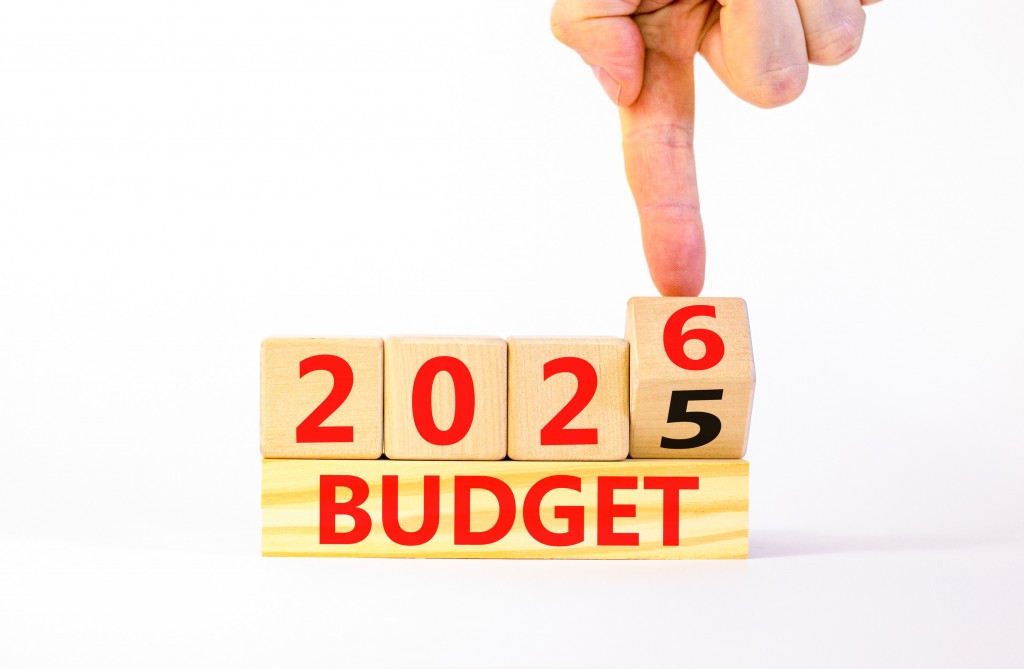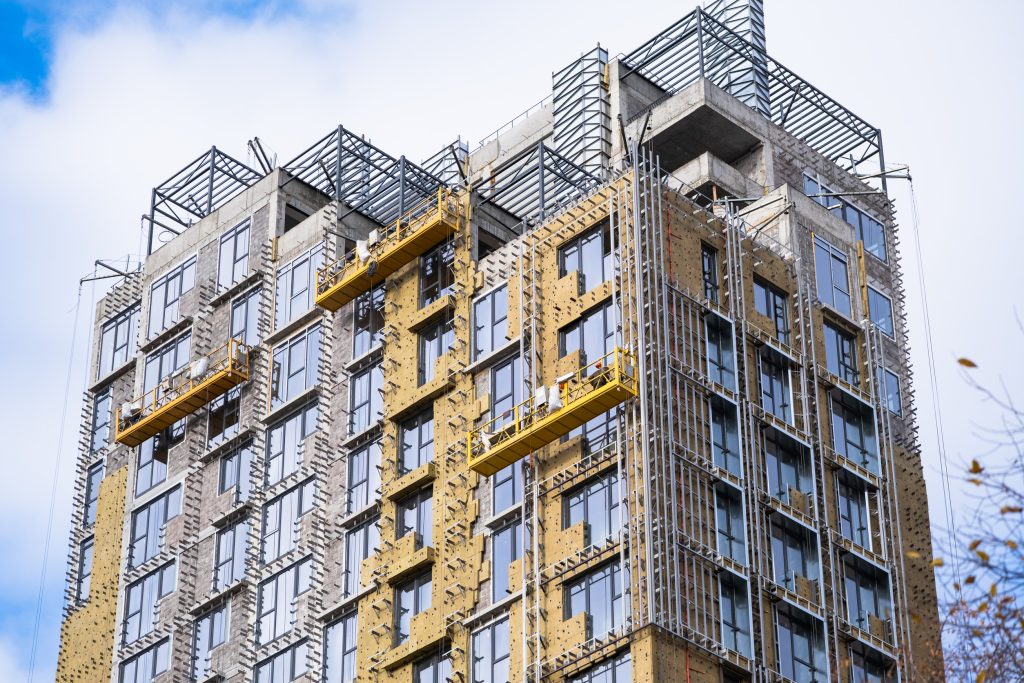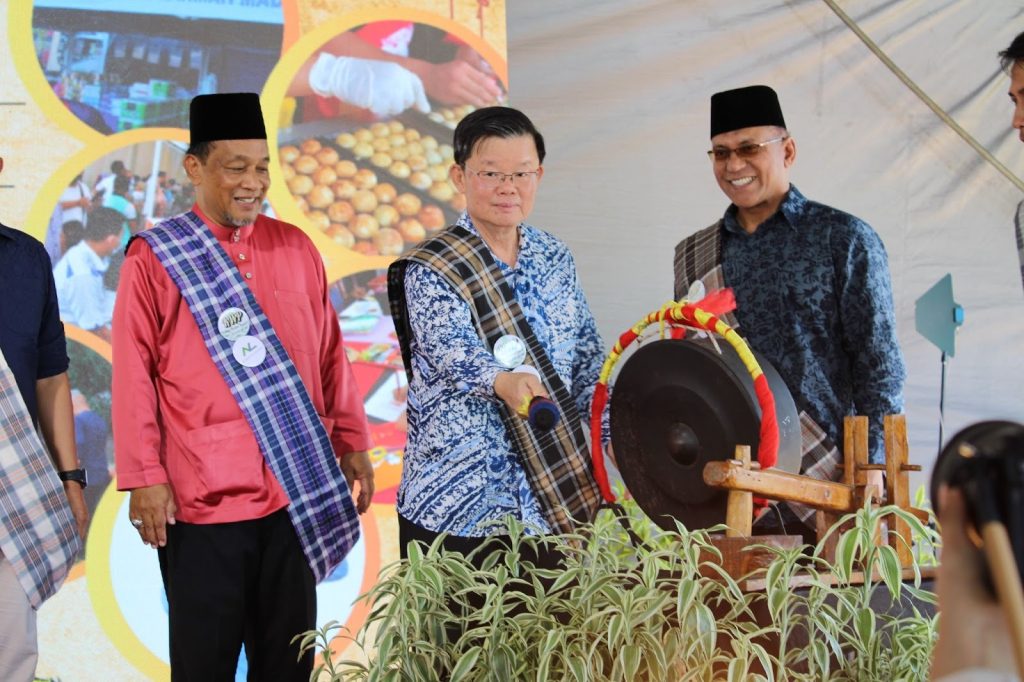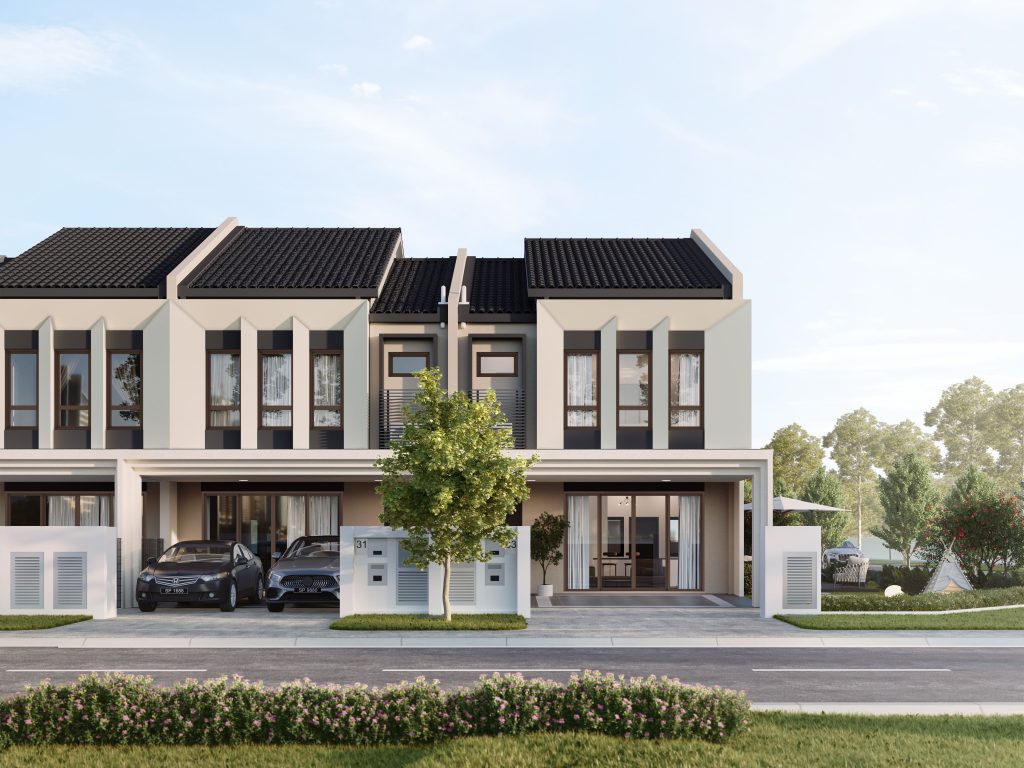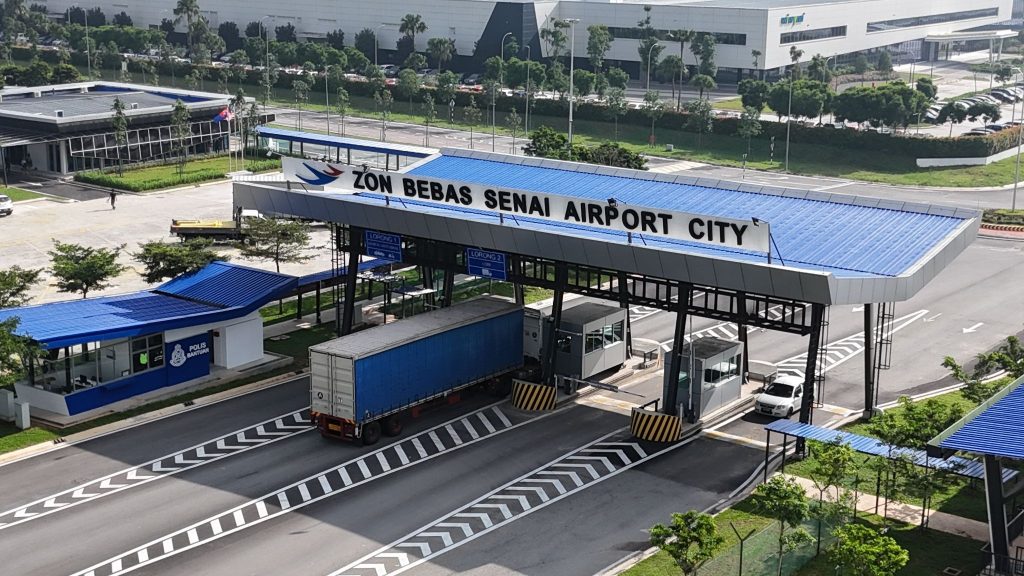Reactions to the Budget 2026: A blueprint for transformation and growth
Compiled by Joseph Wong
Industry leaders widely applaud Budget 2026, the first under the 13th Malaysia Plan (13MP), for strategically prioritising homeownership, urban regeneration and a decisive shift toward ESG compliance. The RM470bil budget is hailed as a mandate for long-term structural readiness, poised to redefine Malaysia's real estate ecosystem.
Following the tabling of Budget 2026, developers, consultants and real estate bodies have endorsed the government’s strategic approach, which focuses on fiscal prudence and targeted investments over short-term stimulus. The consensus is that the budget skillfully balances economic transformation with a strong commitment to social welfare, signalling a move toward building a more resilient and equitable nation.
Knight Frank Malaysia group managing director Keith Ooi summarised the sentiment: “Budget 2026 weighs fiscal spending against populist measures. What stands out is its focus on quality growth—on sectors that create long-term value rather than short-term expansion.”
The core mandate: Lowering barriers
The central pillar of the budget’s housing strategy is ensuring homeownership remains accessible, particularly for first-time buyers and the M40 segment, by directly addressing upfront costs and financing hurdles.
Extended stamp duty and financial lifelines
The government's extension of the full stamp duty exemption for first homes priced up to RM500,000 until Dec 31, 2027, was universally welcomed as the most impactful immediate relief measure.
FIABCI-Malaysia president Dr Yu Kee Su stated: “FIABCI-Malaysia strongly supports the extension of this exemption, which directly reduces the upfront cost of homeownership. This measure is especially impactful for young families and middle-income earners.”
This relief is compounded by expanded financing initiatives:
- SJKP guarantee doubled: The Housing Credit Guarantee Scheme (SJKP) allocation has been doubled to RM20bil, benefiting an estimated 80,000 first-time buyers. Juwai IQI co-founder and group chief executive officer Kashif Ansari called first-home buyers the real winners in this budget, noting the SJKP expansion provides a clearer path to mortgages for gig workers and the self-employed.
- LPPSA limit increase: The financing eligibility limit for civil servants under LPPSA has been raised from RM600,000 to RM1mil, enhancing homeownership opportunities for public sector employees.
- Rent-to-Own support: The budget formalises support for Rent-to-Own schemes, which REHDA and FIABCI-Malaysia view as vital for bridging the affordability gap for middle-income earners.
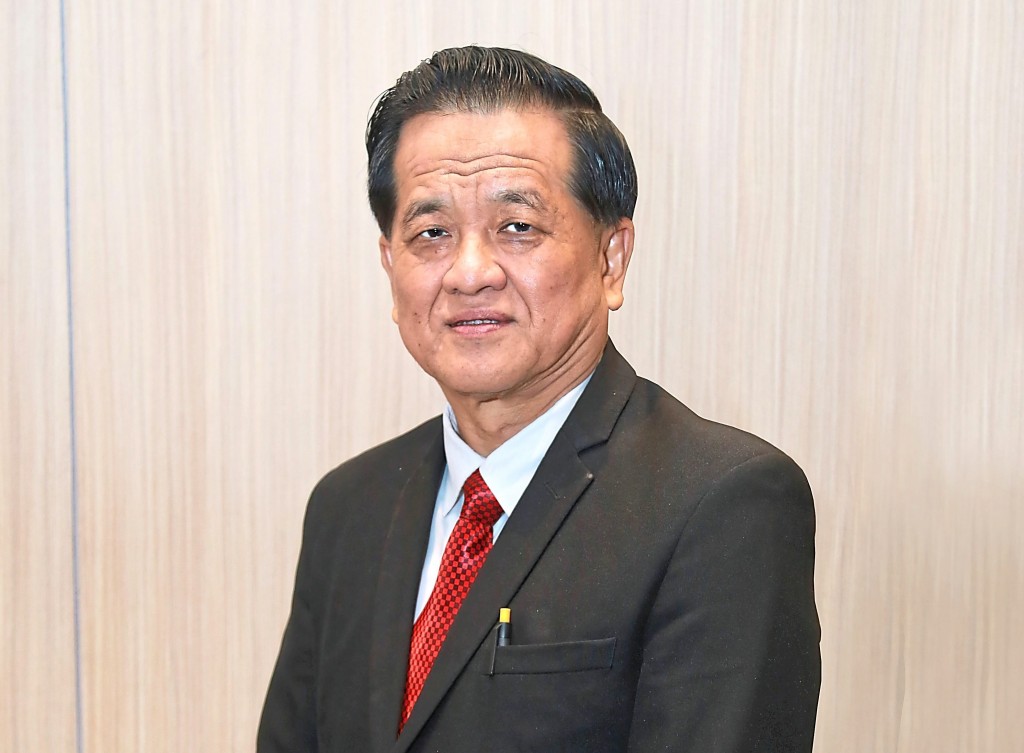
“Housing is not just a commodity, it’s a cornerstone of national development and social well-being,” said Dr Yu.
Call for HOC and affordable supply
To sustain market momentum, Mah Sing founder and group managing director Tan Sri Leong Hoy Kum urged the government to consider reintroducing the Home Ownership Campaign (HOC). He noted that Mah Sing is well-positioned to benefit from the stamp duty exemption, as almost 50% of the Group’s residential projects are priced below RM500,000.
The budget also allocated RM672mil for affordable housing under the Residensi Rakyat and Rumah Mesra Rakyat programs, reaffirming the commitment to providing quality homes for low- and middle-income groups.
Transforming the built environment: Regeneration and ESG
Budget 2026 includes targeted fiscal incentives aimed at modernising urban centres and embedding sustainability standards in development, marking a clear policy shift toward structural readiness.
To address obsolete commercial building stock and increase housing supply in high-density areas, the government introduced a special tax deduction of up to 10% (capped at RM10mil) for developers converting ageing commercial properties into residential units.
- Urban renewal: Think City managing director Datuk Hamdan Abdul Majeed praised this as a smart move toward sustainable urban regeneration, noting it restores vitality and confidence in historic cores.
- Asset enhancement: JLL Malaysia research and consultancy head Yulia Nikulicheva noted that this initiative will improve asset enhancement decision-making for property owners, tackling the significant issue of underutilised commercial spaces.

The carbon tax implementation will reshape commercial property investment decisions, said Nikulicheva.
The green transition mandate
Budget 2026 embeds sustainability as a structural policy, moving the real estate sector from voluntary alignment to compliance-driven development. The introduction of a carbon tax in 2026, alongside green tax incentives like the MyHIJAU GITA, signals a fundamental shift.
“The sustainability focus through carbon tax implementation... will fundamentally reshape commercial property investment decisions,” Nikulicheva added. “Properties with strong ESG credentials and energy efficiency will command premium valuations.”
Furthermore, the development of Kota MADANI—Malaysia’s first smart, AI-driven green city in Putrajaya—will establish premium sustainability benchmarks that are expected to influence nationwide building standards and create competitive pressure for ESG-compliant developments.
Strategic growth: Infrastructure, SEZs and high-value sectors
Infrastructure remains the anchor of Malaysia’s development strategy, with major allocations focused on connectivity and high-value economic corridors, ensuring sustained demand across real estate asset classes.
The budget prioritises the completion of major transportation projects, which historically stimulate real estate demand around station locations. These include:
- The RTS Link between Johor Bahru and Singapore, which will benefit Mah Sing's developments near the Bukit Chagar station.
- The East Coast Rail Link (ECRL) Phase 1.
- The LRT Line 3 and the ETS connection to Johor.
JLL noted that rapid transit improvements consistently drive increased real estate demand, creating new investment opportunities along these corridors for residential, industrial and commercial real estate assets.
Special Economic Zones (SEZs)
The budget reinforces support for three key Special Economic Zones, which are projected to generate billions in approved investments:
- Johor-Singapore SEZ (JS-SEZ): This zone, having already recorded RM37.1bil in approved investments for H1 2025, is a major driver of industrial and logistics demand in Johor.
- Bukit Kayu Hitam SEZ: Positioned on the Malaysia-Thailand border, this zone strengthens regional economic cooperation.
- Forest City SFZ: Proposes a special regime for Single Family Offices (SFOs), reinforcing Malaysia's position as a regional hub for wealth management and high-value investments.
Tourism and digital growth
With 2026 declared as Visit Malaysia Year, a significant allocation of RM700mil for regional tourism programs is expected to boost tourist arrivals and drive demand in the hospitality and retail real estate sectors across multiple states.
Simultaneously, infrastructure funding for the MADANI submarine cable and 5G network expansion will strengthen Malaysia’s data centre ecosystem and enhance connectivity, driving demand in logistics and industrial real estate in established hubs.

Tan said the maintaining of Malaysia's competitive advantages positions the country's real estate markets for continued expansion.
Market dynamics and social equity
Budget 2026 introduced a flat 8% stamp duty rate for foreign property purchases, doubling the previous 4% rate. This measure sparked differing views on its market impact:
- Rehda Malaysia expressed trepidation, arguing the increase may be seen as a deterrent that conflicts with the national goal of attracting foreign investment.
- Juwai IQI, however, argued that the primary benefit is to enhance the sense of equity and fairness for local buyers, noting that the minimal transaction share by offshore buyers means the overall impact on transaction numbers will be small.
Empowering education and communities
The budget was also praised for its commitment to social welfare. The Mah Sing Foundation applauded the RM66.2bil allocation to the Ministry of Education, including funds to upgrade dilapidated schools and support nutrition programs.
The Foundation also welcomed initiatives for PPR communities and rural infrastructure, citing their own success in empowering women entrepreneurs in PPR communities and improving rural livelihoods through the Gravity Water Project in Sabah.
Budget 2026 lays a credible foundation for structural transformation, with the real estate sector poised to benefit from clearer policy signals around sustainability, adaptive reuse and technology-enabled growth.
As JLL Malaysia managing director Jamie Tan concluded: “The comprehensive approach to maintaining Malaysia's competitive advantages in key global sectors, combined with substantial infrastructure investments, positions the country's real estate markets for continued expansion in 2026 and beyond.”
The budget reinforces the philosophy articulated by FIABCI-Malaysia's Yu: “Housing is not just a commodity, it’s a cornerstone of national development and social well-being.” By focusing on inclusivity, financing accessibility and structural readiness, the budget provides a resilient foundation for the property ecosystem's future.
Stay ahead of the crowd and enjoy fresh insights on real estate, property development and lifestyle trends when you subscribe to our newsletter and follow us on social media.

